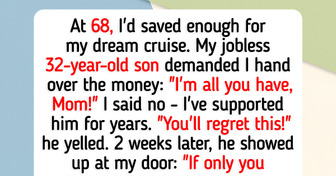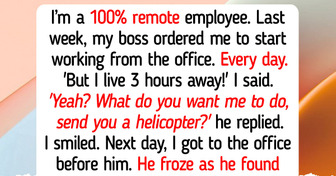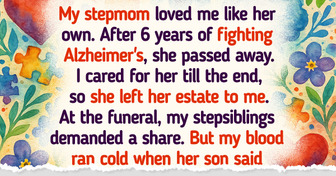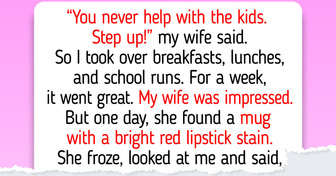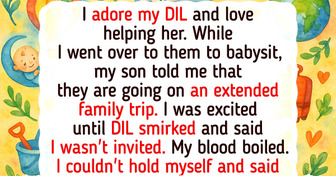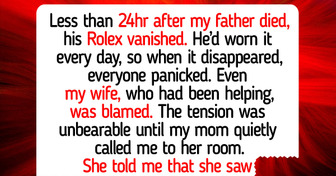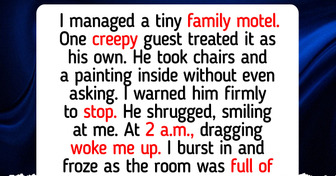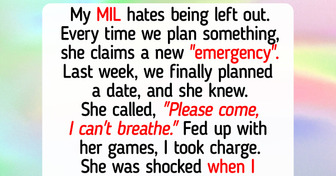14 Stories That Prove Kindness Can Turn Regular People Into Heroes

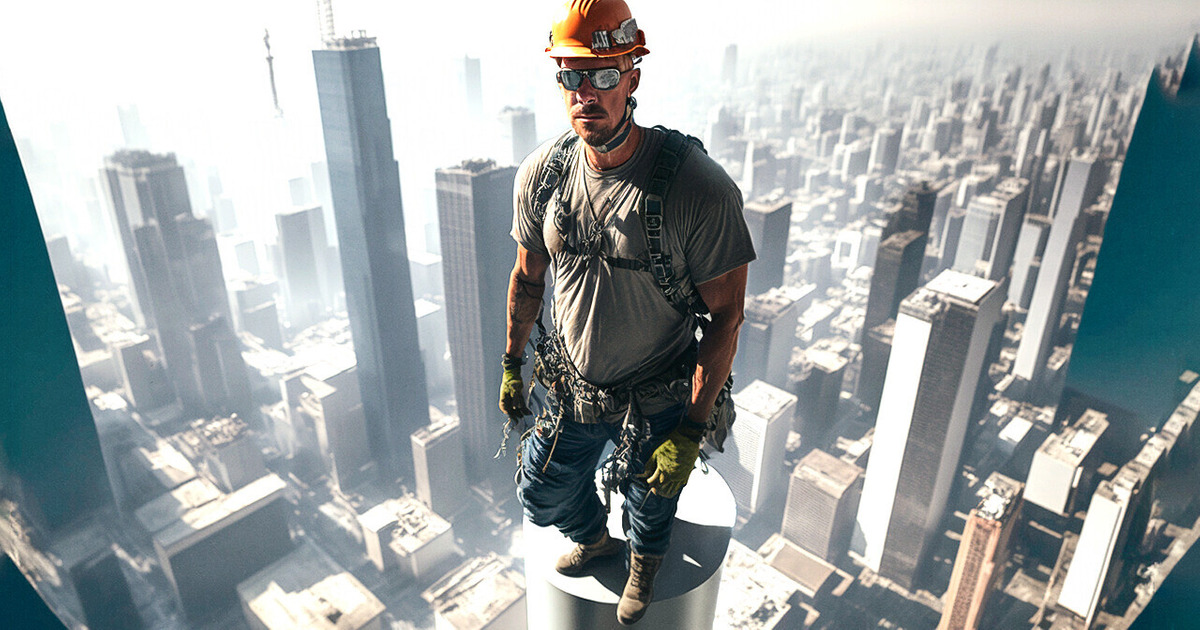
When we think about dangerous jobs, what comes to mind are firefighters and police officers. But I’ll tell you about other unexpectedly dangerous professions out there. These people do the work not many are willing to take a risk for, so this is a shoutout for them!
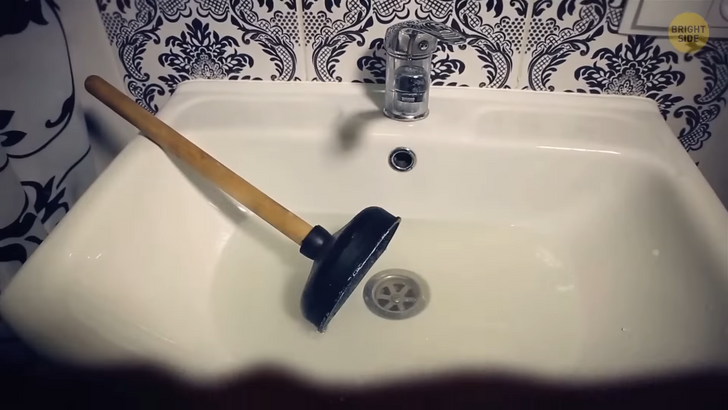
The first profession truly deserves a reward for selflessness. These people are sewage divers, and it’s a very important but also dangerous job. Towns and cities have extremely complicated sewage systems. And even a little blockage can cause all waste to flow back into the streets and homes. So, sewage systems are very closely monitored. And sewage divers are the very people who are responsible for dealing with blockages as fast as possible to prevent disastrous consequences.
Sewage divers wear a dry suit and special boots. They have to stay in the water full of all kinds of waste, bacteria, and other nasty stuff. A sewage diver gets to the blockage and removes it. Since the water is contaminated, any cut, even the smallest one, can cause an infection. So these specialists must be very careful. This job can be so tremendously dangerous that it’s even banned in many countries.
A storm chaser is a very cool name for a profession which is also very dangerous. These people conduct meteorological research right in the field, reporting storms, tornadoes, tsunamis, and other extreme weather conditions. They collect information on weather patterns. These patterns are later studied, which helps make better forecasts and reduce damage. These specialists take photos and videos of storms to see how they form and learn more about them.
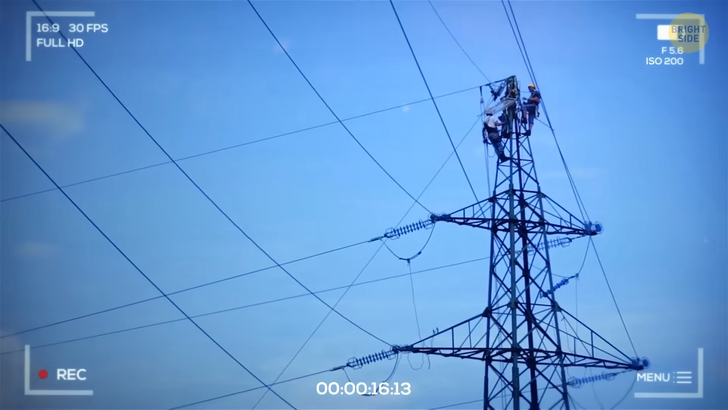
Power line workers are people who are responsible for installing and maintaining electric power lines — and it’s one of the most dangerous jobs in the world. There are two factors contributing to it: heights and high-voltage electricity. One of the most dangerous aspects of a line worker’s job is power recovery after a storm.
The next profession is a sulfur miner. Sulfur is a pale yellow, odorless chemical element. It’s used in agriculture to control pests and fungus, as well as in the production of matches and fireworks. Sulfur is often used in medicine, too. So, some people’s job is to mine it. Sulfur is typically found in volcanic regions; that’s why volcanoes are the main workplace of sulfur miners.
They break off sulfur from the crater floor, crumble it into smaller pieces, collect them, and then carry the substance to a nearby town. Not only is it hard work in itself, but it’s also dangerous. The fumes and gases that are produced in the process can cause respiratory and dental problems. Also, some mines are located inside active volcanoes, and a sudden eruption is another potential danger.
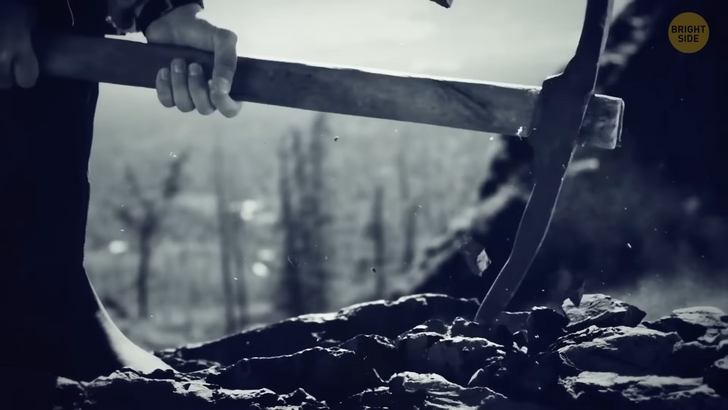
Mining is a dangerous job overall. And I’ll tell you about another kind — limestone mining. Limestone is a material that is widely used in road and building construction, so you can imagine the demand for it.
By the way, even the Great Pyramids of Giza were made from this material, so people have been using it for thousands of years. Limestone mining isn’t an easy job. The process creates clouds of dust, and breathing this dust in isn’t healthy. Also, the dust rises in the air, which is very dangerous, considering that people use sharp tools to break limestone rocks.
You probably wouldn’t think so, but trash and recycling collectors are doing one of the most dangerous jobs, too. One collector has shared that even if you do the same job every day for years, you can’t let your guard down. They have to be especially careful when they get out of the truck and go to the trash can. There’s a cable that raises the container, and a mistake can break it and cause accidents.
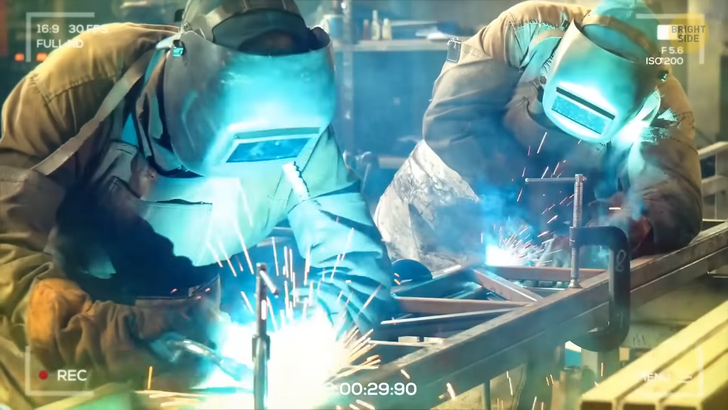
The next dangerous job is that of an underwater welder. Dry welding, or welding on the shore, is usually simpler since there’s no pressure and the welding process can be controlled better. That’s why it’s the preferable type of welding. But sometimes, performing it can be too expensive. Say something that should be fixed in a ship’s hull is located underwater.
To perform dry welding, the ship will have to be pulled out, and it’s a lot of money and trouble. So, underwater welding it is. There are two types of underwater welding: dry welding and wet welding. In dry welding, they use a hyperbaric chamber which they seal around the spot that needs to be welded. The chamber gets filled with gas to get rid of all the water inside and prevent more water from pouring in. Then the process is performed — almost as if it wasn’t going on underwater.
But sometimes, the chamber isn’t available, or the welding should be done immediately. In these instances, wet welding is performed. Pure water doesn’t conduct electricity. But most kinds of water — tap water, rainwater, and, of course, seawater — contain numerous minerals and impurities. And those make water a great conductor of electricity.
To make the process safer, gaseous bubbles are released around an electric arc. They shield the weld and protect the diver by ensuring that electricity isn’t conducted through the water. The problem with the bubbles, though, is that they obscure the welding area. So it’s harder to see and perform this process.
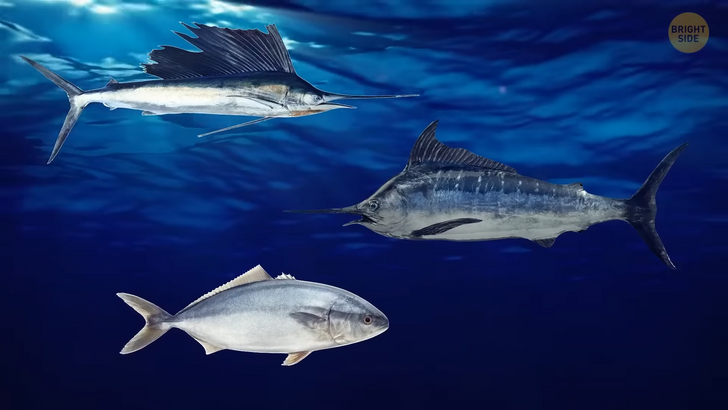
Deep-sea fishing is also on the list. Not all fish swim close to the shore or in shallow waters. Tuna, swordfish, and marlin are just a few of the species that swim deep underwater. Deep-sea fishing is everything 100 feet underwater and deeper. It also happens far away from the shore.
Such a big distance is one of the reasons why deep-sea fishing is dangerous — in case of an accident, you’re too far away from any professional medical help. Also, fish that swim in the deep sea are larger, faster, and stronger. So that kind of fishing is way more dangerous than shallow fishing. The open sea is also way more unpredictable than the sea close to the shore, so that’s another factor.
Now, let’s talk about logging. Logging workers provide raw materials for different industries. It’s a very demanding and dangerous job. In the early days, people took down trees manually. These days, they use machinery, but it doesn’t make their job any less dangerous.
Trees still fall, and now there are also sharp chainsaws that are constantly working. Also, people are outside at all times, and they have to be alert, checking their surroundings for all possible hazards — and danger can come from anywhere.
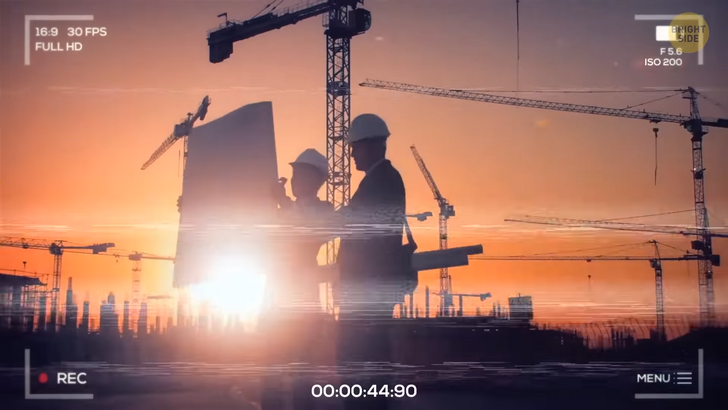
Another dangerous profession is, of course, construction workers. They have to deal with great heights, ladders, machinery, and heavy weights. So, construction workers should never let their guard down at work too. Roofers are people who install roofs and repair and maintain them. They also use such materials as metal and asphalt to make roofs waterproof.
They are at risk, too, since they spend their days at big heights. By the way, there are also professional roof cleaners! The roof should be taken care of every once in a while. It needs to be cleaned from moss and fungus, and there are people who will do it for you.
There are also industrial alpinists. They’re people who climb buildings, reaching where regular people can’t reach. They take care of buildings’ facades — cleaning and painting them and even making them waterproof. They also do other kinds of required maintenance to protect buildings from gases, industrial dust, and other damaging factors.

Farmers risk their lives every day, too. Farming is way more than milking cows and watering plants. It also means working with heavy machinery and chemicals. Tractors are quite challenging to maneuver, and they can easily roll over. Farm equipment is also dangerous because it’s often very sharp.
Farmers use a lot of chemicals to protect crops and keep machinery clean. Chemicals often spread over large areas, making the air around toxic. There are even more potentially dangerous things, but let’s finish it with animals: cows and horses are big, heavy, and can act unpredictably — so it’s another potential threat.

